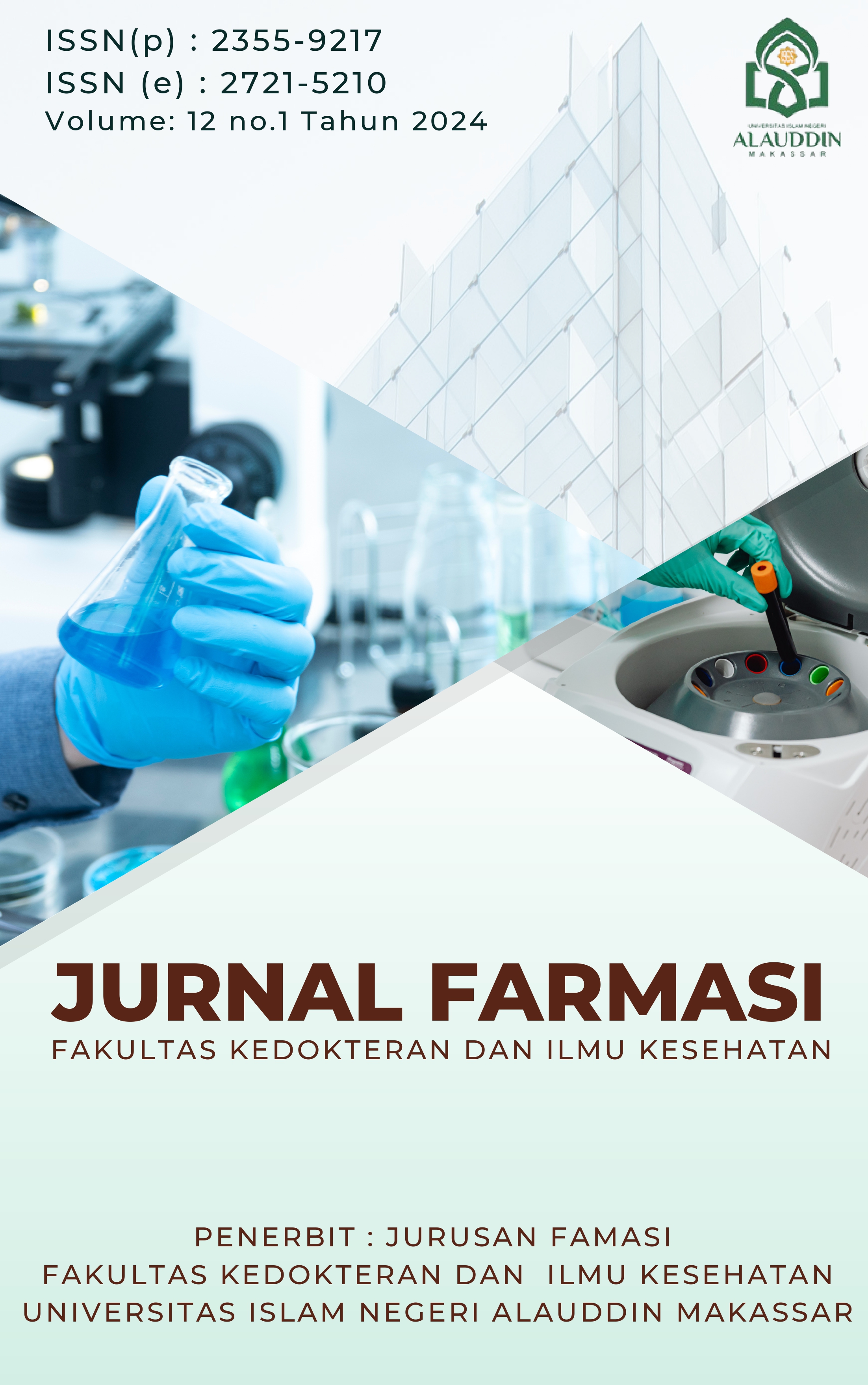Hubungan Resistensi Antibiotik Pada Pasien Sepsis dan COVID-19 : Literatur Review
Abstract
Background: COVID-19 disease with secondary infection especially, and should be treated immediately with exact antibiotics related to the patient's condition to return the patient's hemodynamics. The consumption of antibiotics that are imprecise, and not based on method will cause antibiotic resistance, and it will increase the illness, elevating the complications, and mortality. Objective: This literature research is aimed to explore the relationship between the consumption of antibiotics toward sepsis and COVID-19 patients. Methods: This research applied a literature review method by using primary and secondary data and specifically using the database from article research such as Google Scholar Science Direct, MDPI, Elsevier, NCBI, Springer, Taylor and Francis, Oxford Academic, and Higher Press related on the inclusion. Results: During the data collection session, five articles were analysed specifically for entering the data PICO table (Population, Intervention, Comparison, and Outcome) and concluded each article. The result implies that the condition of patients who have COVID-19 in ICU/HCU is risky to have a secondary infection or co-infection such as sepsis, this condition requires precise antibiotics.Conclusion: The utilization of antibiotics that are used empirically or de-escalated can cause a risk for the application of various antibiotics and cause a risk of resistance. Several research indicate the resistance of antibiotics used by COVID-19 patients and sepsis due to the imprecise and overuse of antibiotics, the existence of co-infection, comorbid and the influence of intensive patient’s environment.

